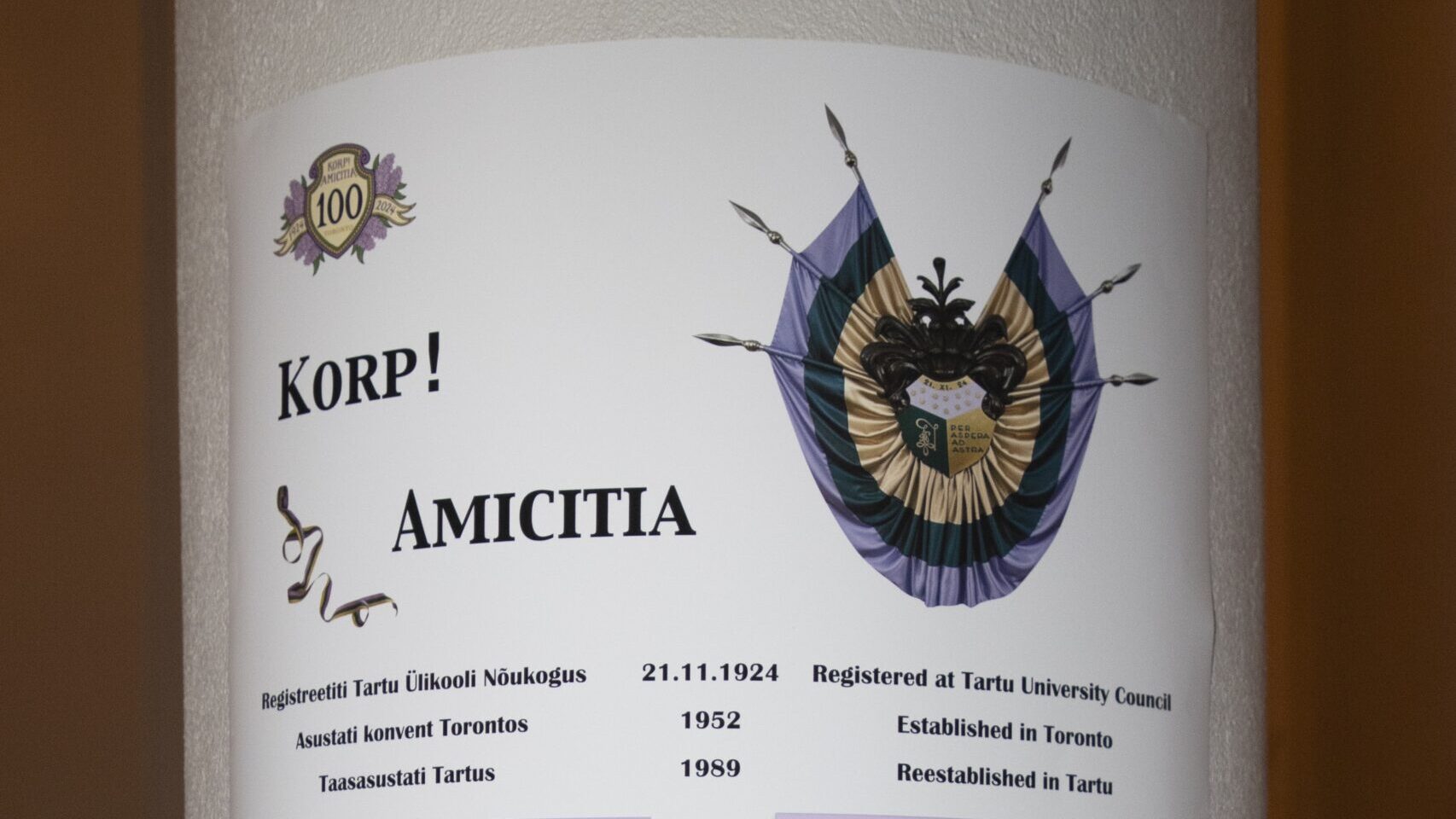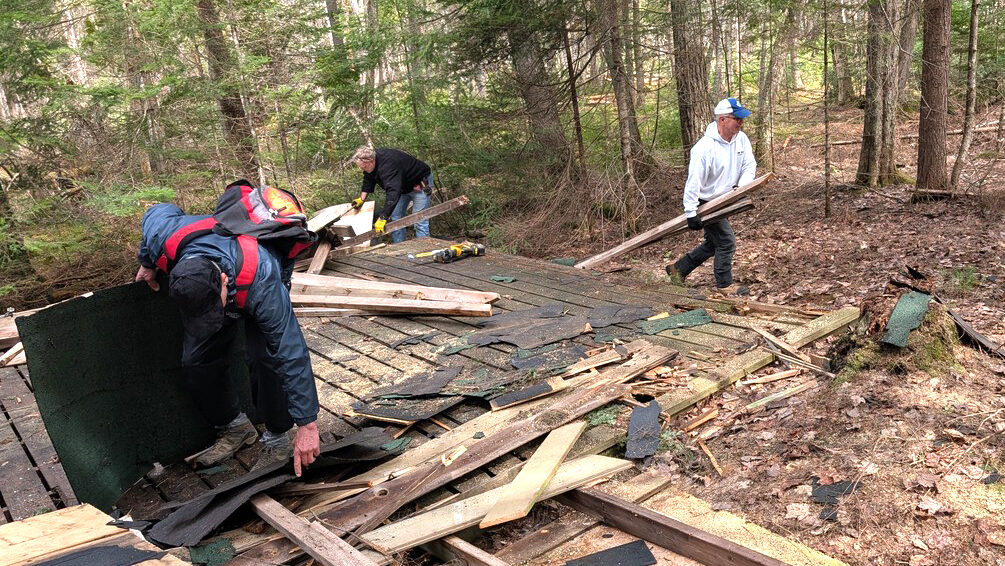The EAK/ERC (Abistamiskomitee /Ehatare) are part of a group of 16 cultural homes that met with Minister of Long-Term Care Stan Cho on November 27th. The essence of the meeting was that Bill-7 and the current application of the regulations is hampering ethnic homes from serving their own communities. “Crisis” cases, patient admissions mostly re-located from hospitals, are getting priority over cultural admissions and many homes are dealing with seniors who are not from their communities.
… we have all served and hope to continue serving generations of Ontarians who have helped this province grow and prosper while also sharing and sustaining their cultural traditions.
Minister Cho, we’re here today to advocate for a simple and common sense solution that we believe will ease operational, financial and administrative stress affecting our long term care system which, as a consequence, diminishes the quality of life for our residents. As a group of not-for-profit homes, we have all served and hope to continue serving generations of Ontarians who have helped this province grow and prosper while also sharing and sustaining their cultural traditions.
You’ll hear from my colleagues how the loss of control over our domains jeopardizes the care we provide, the quality of life for our residents and our ability to sustain the services we provide.
The Estonian Relief Committee has operated the Ehatare Retirement and Nursing Home in Scarborough for more than 40 years in large part due to the volunteerism and financial generosity of Estonian-Canadians. Despite the exceptional care of our devoted staff, I know that my Chinese mother-in-law wouldn’t have the greatest experience at Ehatare because she doesn’t share our traditions, our diets aren’t the same, she wouldn’t know the songs we sing, couldn’t communicate in her native tongue and would feel out of place in her surroundings.
That’s a very mild case of what a non-culturally appropriate admission can do to one person in one of our homes. While my mother-in-law would survive, her inability to communicate would hamper our ability to tend to her needs.
The domino effect is that operational stresses grow and costs increase accommodating this singular admission. Now consider multiplying those implications in a smaller home with more “crisis” admissions. Consider admissions where roommates are from communities currently at war against each other in their homelands. We have those situations today because of policies that don’t account for real life situations.
The solution to easing unnecessary stress on the system and our residents is simple and it only requires common sense applications. Allow the regulatory framework of the legislation currently under consideration to account for culturally appropriate and sensitive care. Allow the admissions system to account for the characteristics of the operators sitting here today. Allow us to support the communities and individuals who made our homes and these beds possible in the first place.
At the Estonian Relief Committee we still want to do our duty to serve Ontarians and our community, for that reason we have submitted an application to redevelop from a 32 bed home to a 96 bed home.
This isn’t about racially segregating Ontarians. This is about acknowledging the needs of our seniors and, most of all, their quality of life when they are at one of the most vulnerable stages of their lives. At the Estonian Relief Committee we still want to do our duty to serve Ontarians and our community, for that reason we have submitted an application to redevelop from a 32 bed home to a 96 bed home.
However, that application relies on our ability to fundraise a significant amount of capital from our community. If the admission policies in the province continue to be administered as they are now, we won’t have the confidence of our community because we can’t assure our donors that we can have their backs and a bed for them in their time of need. This reality will severely hamper us and we may not remain viable let alone have the ability to expand.




